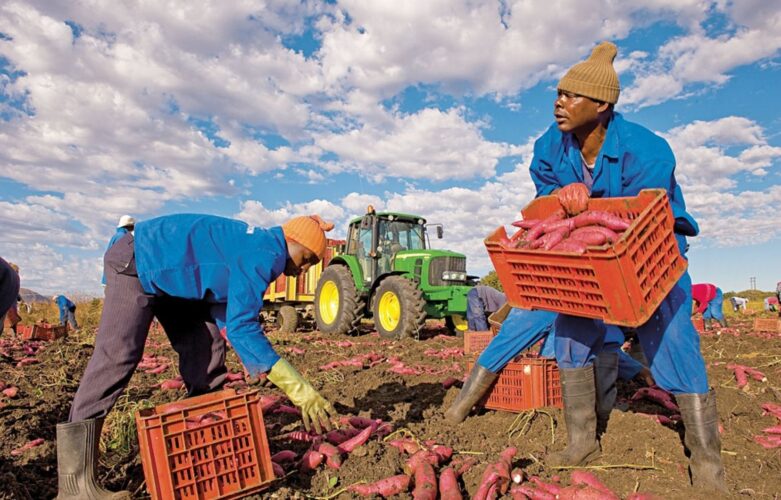
Soil health and farm productivity in Togo have become a central focus as the country works with a regional hub to transform its agriculture sector. The partnership is designed to improve soil fertility, strengthen sustainable farming practices, and boost crop yields for smallholder farmers. Officials said the initiative will also help reduce food insecurity and build resilience against climate change.
The government highlighted that poor soil health has long been a challenge for Togolese farmers. Many farmlands are overworked and lack essential nutrients, making it difficult to sustain high yields. Farmers also face growing threats from erratic weather, pests, and market pressures. The new program aims to address these problems by combining scientific research with local knowledge and practical training.
Experts explained that the regional hub will provide technical guidance, soil testing services, and improved seed varieties. It will also support the use of organic fertilizers and climate-smart techniques. Farmers are expected to receive training on crop rotation, composting, and water management. These approaches will help restore soil fertility and increase productivity in the long term.
The initiative has already gained support from farmer associations, local leaders, and international partners. They believe it offers a pathway to strengthen food security and improve household incomes. Farmers across several regions have expressed optimism, saying that better soil management could significantly improve their harvests and reduce post-harvest losses.
Officials noted that boosting farm productivity is not only about food production but also about poverty reduction. Agriculture remains the backbone of Togo’s economy and employs a majority of the population. Stronger yields mean more market opportunities, increased income for rural families, and a more stable economy.
Togo’s soil health and farm productivity are supported by innovative technologies as well. Digital platforms will help farmers access information on soil conditions, weather forecasts, and market prices. Extension services will be strengthened so that farmers can make better decisions and reduce risks. This digital support is expected to complement field training and ensure long-term success.
Community leaders said the initiative also has social benefits. Healthier soils can reduce the need for chemical inputs, which often harm the environment and human health. Sustainable practices will also help preserve ecosystems, conserve water, and protect biodiversity. Farmers will therefore gain not only higher yields but also a healthier living environment.
The regional hub plans to monitor progress closely, using data to adjust strategies and improve results. Regular soil assessments and farmer feedback will ensure that solutions remain relevant to local conditions. Success stories from early adopters are expected to inspire more farmers to join the program.
International experts believe the initiative could serve as a model for other countries facing similar challenges. They say Togo’s efforts demonstrate how regional collaboration and local participation can drive agricultural transformation. Strong partnerships, community engagement, and consistent monitoring are seen as keys to lasting impact.
In conclusion, soil health and farm productivity in Togo remains vital for the nation’s future. By working with the regional hub, the government hopes to restore soil fertility, improve food production, and empower smallholder farmers. The program is expected to deliver long-term benefits, from stronger harvests to better livelihoods, while setting a positive example for the region.

